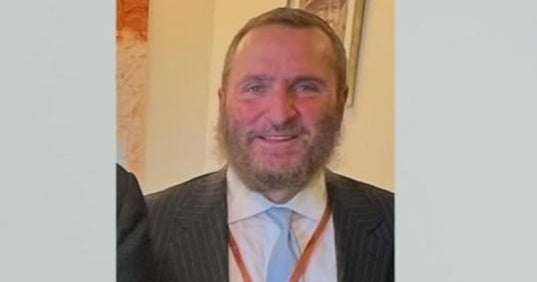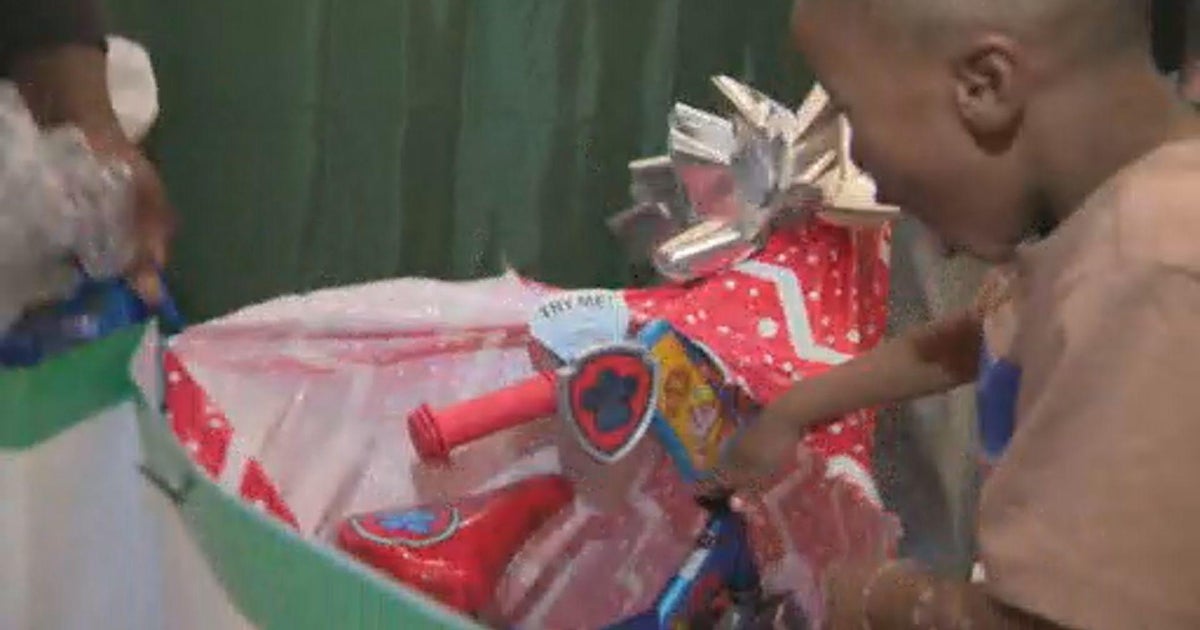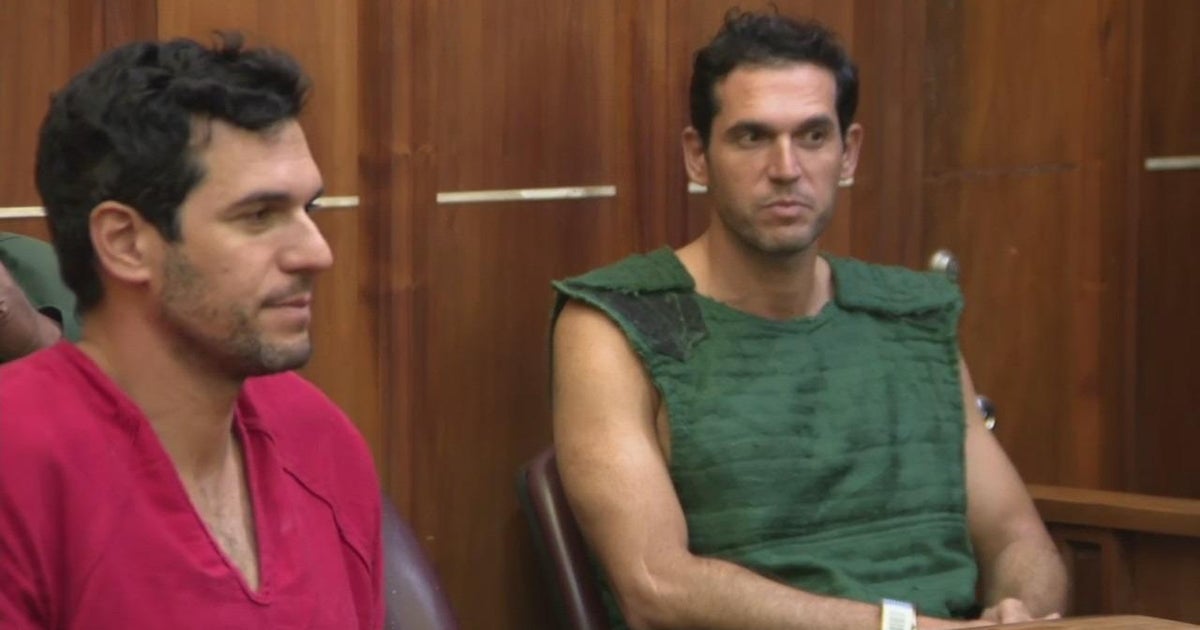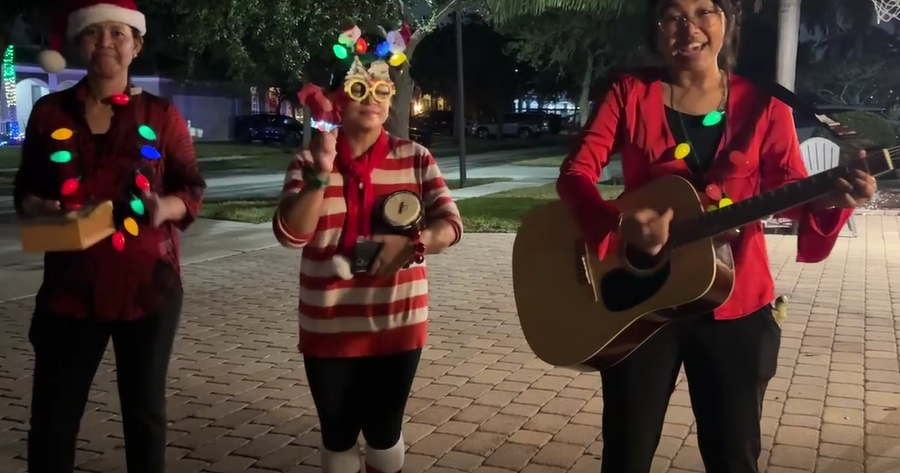Uncle Luke, Co-Founder Of Urban Beach Week, No Longer Attends Event
MIAMI (CBS4) - Although he was one of the early pioneers of Miami Beach's Memorial Day hip hop extravaganza, even Luther Campbell says he no longer makes his way to South Beach during that weekend because it's become too rowdy.
"Just walk the streets, get drunk, be rowdy, go to jail," Campbell told CBS4's Jim DeFede in describing what the event has become. "Me personally I wouldn't even go over there. I haven't been there probably in the last two or three years. "
Campbell has a long history with the affair. Initially the weekend started in the Nineties as a fashion event for designers geared toward the African-American community. It continued to build over the years, with as many as 250,000 people descending on Miami Beach for the long weekend.
In 2001, however, the event went out of control – with fights breaking out on city streets. The police were overwhelmed. Campbell and others rallied to the city with offers of help. Their argument was simple: South Beach clubs can only hold 7,000 people so events need to be planned for those who can't get into the clubs.
RAPIST AND SEX OFFENDER ALLOWED TO WORK AS DOCTOR IN FLORIDA. FIND OUT HOW.
Initially, he said, those efforts worked. But in recent years the city has frowned on large events and the weekend returned to its troubled past.
"The people that were originally coming down here were young professionals," he said. "Then it became this free-for-all for the last five years where it became kids, thugs that type of element."
This year the event ended in a barrage of gunfire. One person was killed in the melee that saw a dozen cops firing more than 100 rounds at the driver of a car that allegedly attempted to run down five police officers.
For many residents on South Beach, the Wild West scene was a call to action.
"It's definitely something that has to end, after a decade of this we just need to say goodbye," said Peter Tapia, a Miami Beach resident who created a Facebook page dedicated to ending the hip hop weekend street party.
In the first 24 hours more than 1,500 people signed up on his page. Currently there are nearly 4,000. Tapia and others are organizing a rally in front of Miami Beach City Hall Friday at 6 pm.
"It should not be on our streets, it's just devastating," Tapia said of the street party. "There's looting. I took pictures of dozens of cars windows that have been bashed in. There have been sexual acts in the street. I've seen women get groped and they just keep walking; there is nothing they can do.
"We have to be serious," Tapia continued. "Due to the violence and the hoodlumness to this event, it tarnishes the city's image. I've seen tourists say they will never come back."
Not everyone on Miami Beach agrees.
"If something bad happened for Calle Ocho we wouldn't shut that down, if something bad happened at the Coconut Grove Arts Festival we wouldn't shut that down," said graphic designer Jeff Borg. "But something bad happens during Urban Beach Weekend and a lot of people want to shut it down. I think we know where that coming from and I think that is not us."
That notion of a racial component to the criticism makes the issue extremely difficult for city officials and critics of the event.
"It has nothing to do with being black and I think that is something we have to let people know and be clear about that because there is nothing racist about that," Tapia said.
Campbell says the problem rests with Miami Beach officials. He argues the city needs to be more involved in the planning of the weekend's activities. Instead, they simply line the streets with cops and hope for the best.
"When I look at the event it should be no different than the Essence Music Festival [in New Orleans]," Campbell offered. "There should be events, concerts, comedy shows at the Jackie Gleason Theater. There should be concerts at the convention center. There should be food tastings on the sand. There should be people like Mary J. Blige and Aretha Franklin along with some quality hip hop artists brought in to perform."
He said if the city and event organizers did that, then it would attract the type of crowd Miami Beach would want. As it stands now, Campbell complained, Miami Beach officials are running the risk of creating the perception that blacks are not welcome on the Beach.
"What I am worried about is the backlash," Campbell said. "You have cities around America where African Americans know that they are not wanted because of some racial statement or some sort of ordinance that was put in to prevent African Americans from coming to that city. I don't want that to happen to my town."
Adding to the explosive nature of this issue is an upcoming election. The mayor and several commissioners up for re-election in November and the future of Memorial Day Weekend will likely become a major political issue in this year's election.



